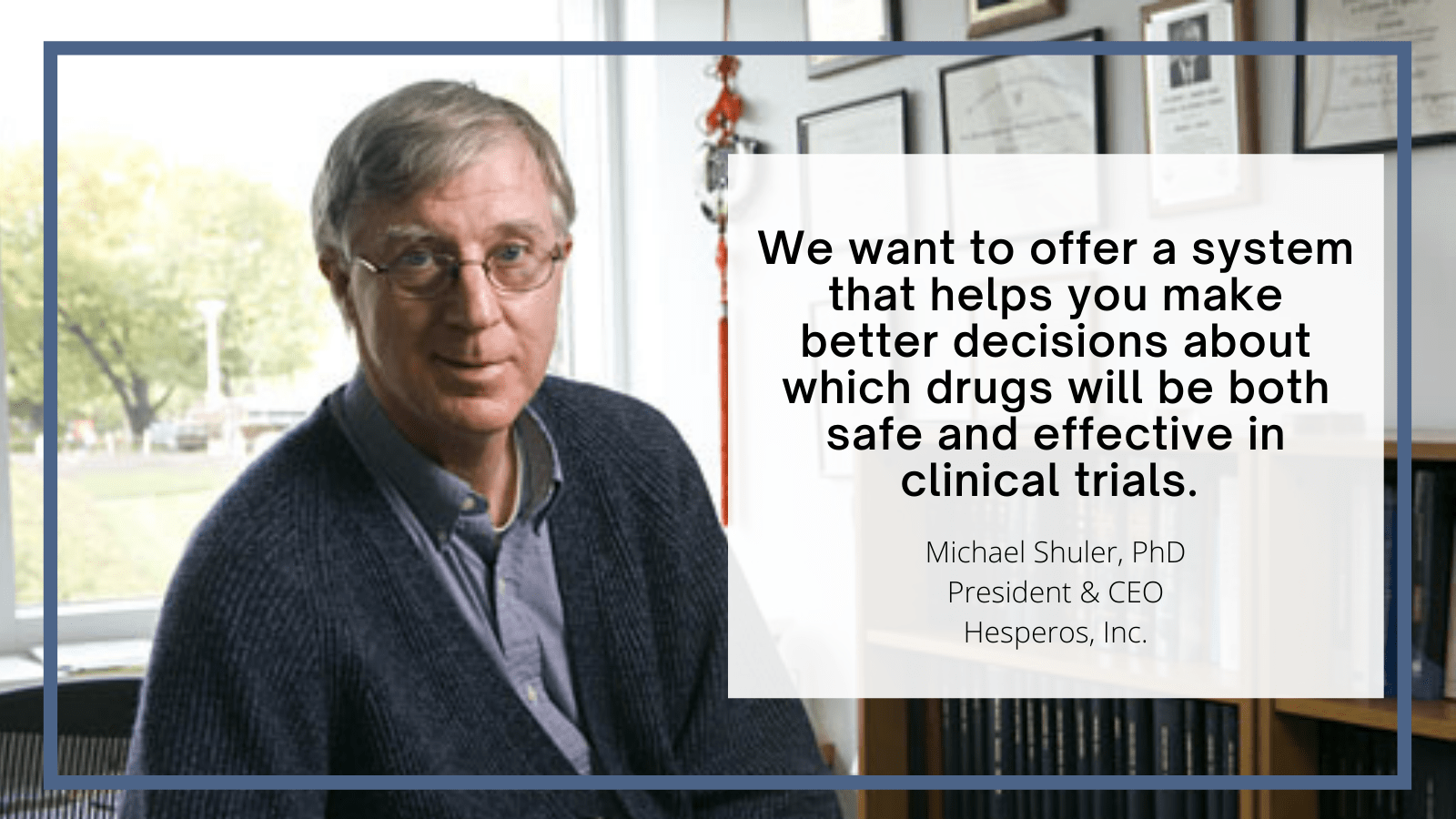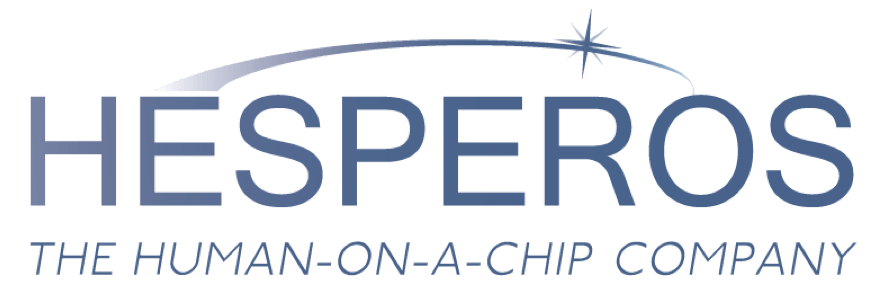We want to offer a system that helps you make better decisions about which drugs will be both safe and effective in clinical trials.
Michael Shuler, PhD
Hesperos’ CEO and Co-Founder, Dr. Michael Shuler and Nate Post, Hesperos’ Director of Business Operations, were recently interviewed by Meagan Parrish, Senior Editor, with Pharma Manufacturing on the rise of Human-on-a-Chip (HoaC) systems and how they are replacing the need for animal testing in drug discovery. They explain the benefits of human-based, multi-organ systems such as the ability to predict both the human safety and efficacy of a therapeutic, while monitoring the real-time, functional changes to each organ.
Parrish’s article, “The next phase of drug creation”, provides an in depth look at the development of the industry and what the future looks like for drug discovery particularly as we work towards reducing animal use in research. While animal use has been phased out of most industries, pharma is one of the last holdouts but with the rise of disruptive technologies, companies like Hesperos, Emulate, TARA Biosystems, Axion Biosystems, and others, are offering new alternative drug development tests. These new processes offer more cost effective systems for predicting patient outcomes. Parrish discusses the future uses of this technology; like precision medicine, developing drugs for subpopulations, or assisting in the development of drugs based on genetic variables. Human-on-a-Chip technology is useful for a wide range of applications including throughout the scale-up process as volume production techniques could lead to unexpected effects. These technologies allow continual testing of the product during the process to ensure that the drug continues to behave the same way.
There is a push for the FDA to accept these non-animal models. In 2020, the FDA partnered with Emulate, to use this technology to test the safety, efficacy, and mechanisms of drugs regulated by the FDA and rolled out a pilot program, Innovative Science and Technology Approaches for New Drugs (ISTAND), which lays out a three-step process for biotech companies to qualify new testing technologies. At the same time, companies are submitting data from the new models with their animal data to help validate them as equals. While we may not get rid of 100% of animals testing, the hope is that these new technologies will eliminate the need for animal testing in almost every use case.
Read the full interview published by Pharma Manufacturing here: https://www.pharmamanufacturing.com/articles/2021/the-next-phase-of-drug-creation/

